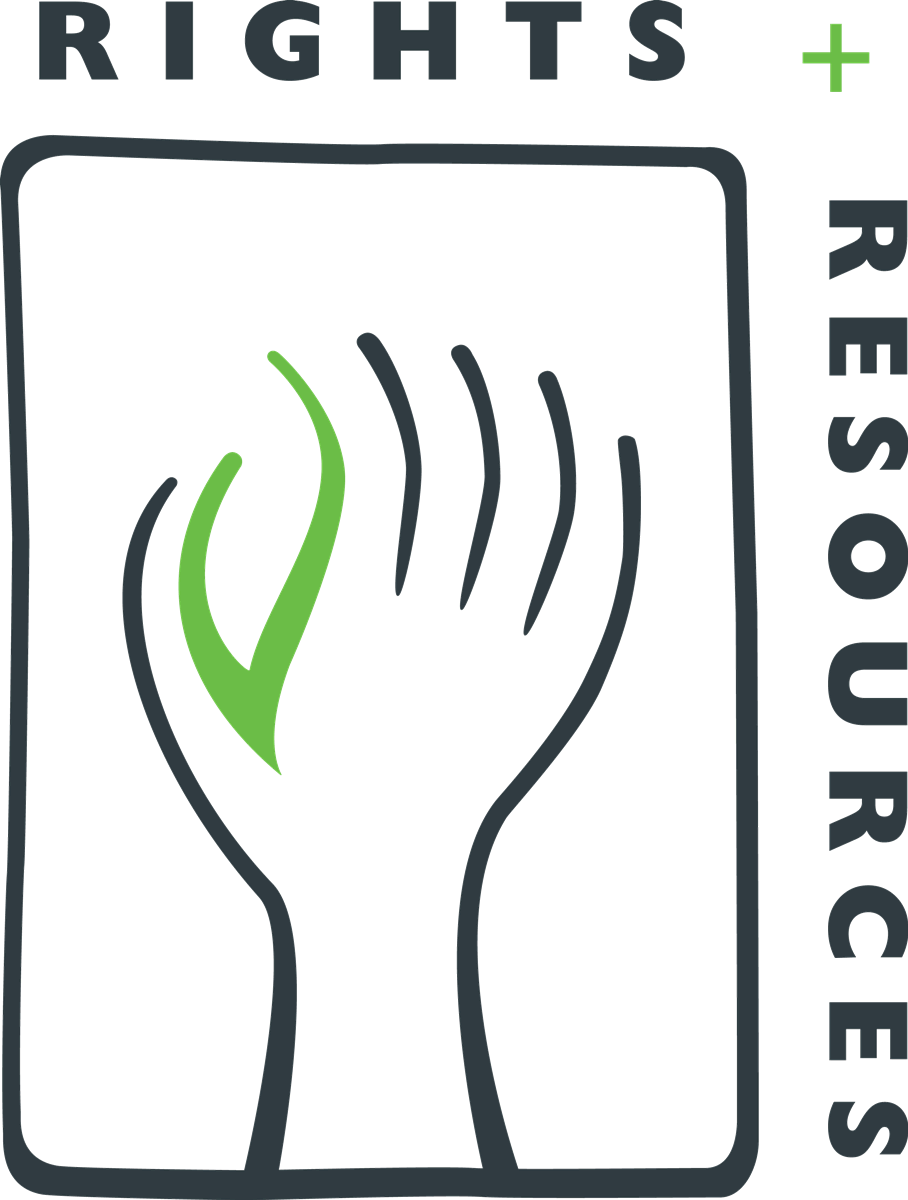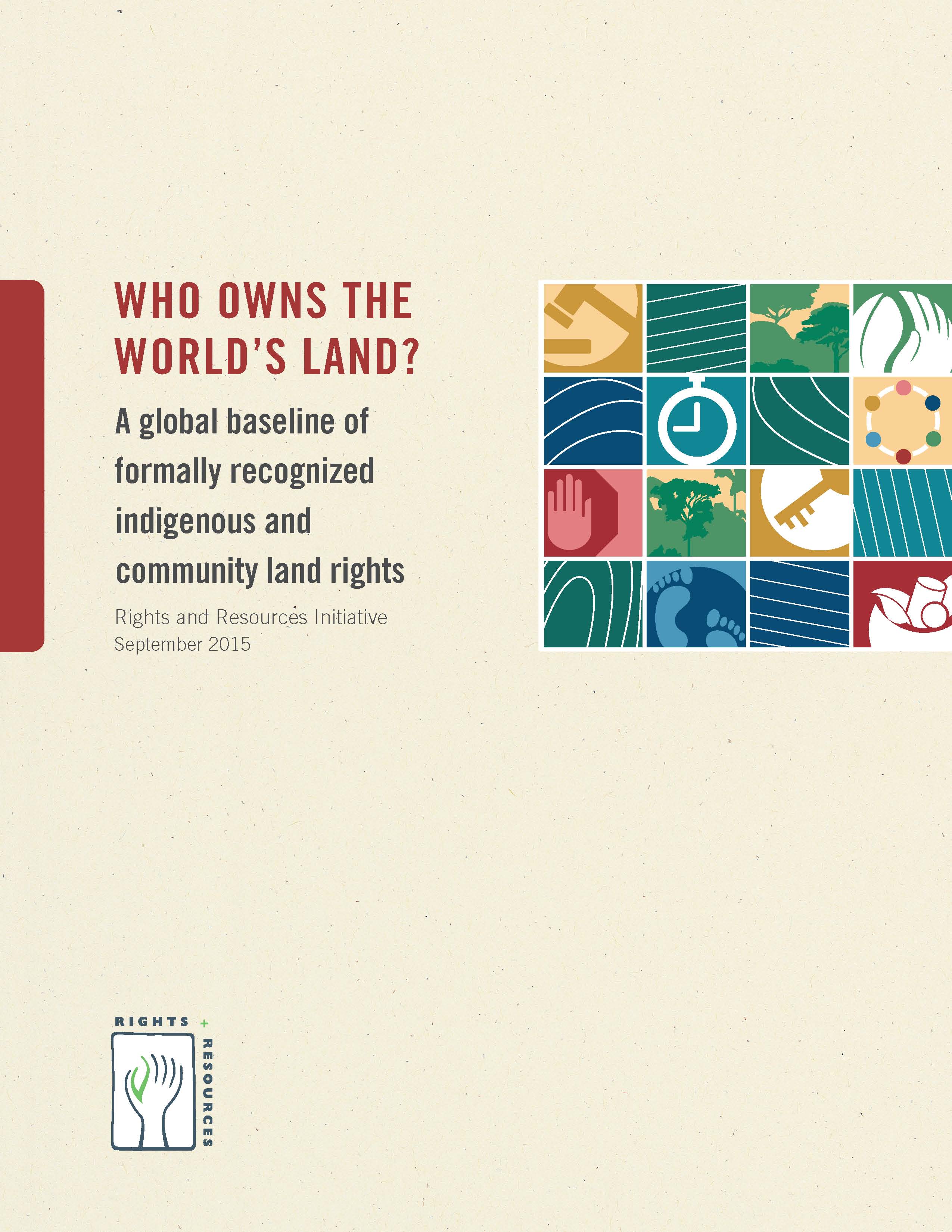Focal point
Location
The Rights and Resources Initiative is a strategic coalition of international, regional and community organizations engaged in development, research and conservation. Together, we are working to encourage greater global commitment and action on pro-poor tenure, policy and market reforms.
The RRI coalition is formed by a group of core Partners who conduct work in specific areas of their regional and thematic expertise. Partners also engage with a wide group of collaborators who participate in and support RRI activities around the world. RRI is a strategic coalition that goes beyond the traditional set of international development actors to involve a wide spectrum of organizations, each of which provides a critical perspective in the larger chain of actors necessary to advance change.
Our Mission
RRI’s Mission is to support local communities’ and indigenous peoples’ struggles against poverty and marginalization by promoting greater global commitment and action towards policy, market and legal reforms that secure their rights to own, control and benefit from natural resources, especially land and forests.
Global Challenge, a Global Opportunity
Forests cover close to 30 percent of the world's land area, and more than a billion people rely on forests to a significant extent for their food, fuel and income.
An estimated 350 million indigenous and tribal peoples are at least partly dependent on forests, including some 60 million who are substantially dependent on forests for their subsistence and livelihoods. Forests are also particularly important to poor women, who shoulder much of the burden for hauling wood and collecting and marketing forest products.
Dominant models of forest industry and conservation have often exacerbated poverty and social conflicts and have precluded pro-poor economic growth. The lack of clear rights to own and use forest land, develop enterprises, and trade in forest products has driven millions of forest dwellers to poverty and encouraged widespread illegal logging and forest loss.
The world will not meet national and global goals to reduce poverty and protect the environment unless poor peoples' rights to land and resources are strengthened. Neither will the world effectively mitigate or adapt to climate change without clarifying local tenure and governance. The next two decades are critical--both for the poor and for the forests.
There are reasons for optimism. Organizations of indigenous peoples and forest-dwelling communities are gaining voice and opportunity, and after decades of limited action many countries are beginning to consider far-reaching legal and policy reforms. There is a major opportunity to advance the rights and livelihoods of forest peoples by establishing the institutional foundations for sustained conservation and forest-based economic development.
Resources
Displaying 51 - 55 of 109Looking for leadership: New inspiration and momentum amidst crises. Rights and Resources Initiative Annual Review 2014–2015
2014 was a year in which many citizens around the world lost hope and trust in conventional leaders’ abilities to solve national and global challenges.
Who Owns the World's Land? A Global Baseline of Formally Recognized Indigenous and Community Land Rights
In recent years, there has been growing attention and effort towards securing the formal, legal recognition of land rights for Indigenous Peoples and local communities. Communities and Indigenous Peoples are estimated to hold as much as 65 percent of the world’s land area under customary systems, yet many governments formally recognize their rights to only a fraction of those lands. This gap—between what is held by communities and what is recognized by governments—is a major driver of conflict, disrupted investments, environmental degradation, climate change, and cultural extinction.
Respecting Land and Forest Rights: Risks, Opportunities and a Guide for Companies
This Guide is complementary to the Interlaken Group's 'Respecting Land and Forest Rights: a Guide for Companies'. It provides guidance on what companies can do to reduce risk through improve tenure governance in land-based investment, reflecting the principles of responsible governance of land tenure set out in the VGGT. It provides a more manageable presentation of the VGGT, along with steps to ensure that a company acts consistently with them and includes thorough due diligence on the tenure rights of project-affected communities.
Respecting Land and Forest Rights: A Guide for Companies
This guide has been produced by the Interlaken Group, with steering support from the Rights and Resources Initiative (RRI). The Interlaken Group is a multi-stakeholder forum composed of representatives from companies, investors, international organizations, and civil society groups.
Potential for Recognition of Community Forest Resource Rights Under India’s Forest Rights Act
A Preliminary Assessment by RRI, Vasundhara and NRMC. Provides potential area, state, district and village wise area over which CFR (and IFR) rights can be recognized under the FRA; now used as a baseline for planning and effective implementation of CFR rights, assess the extent to which the law has been implemented; delineate data on forest land, villages & population within village boundaries and CFR Recognition Status.





